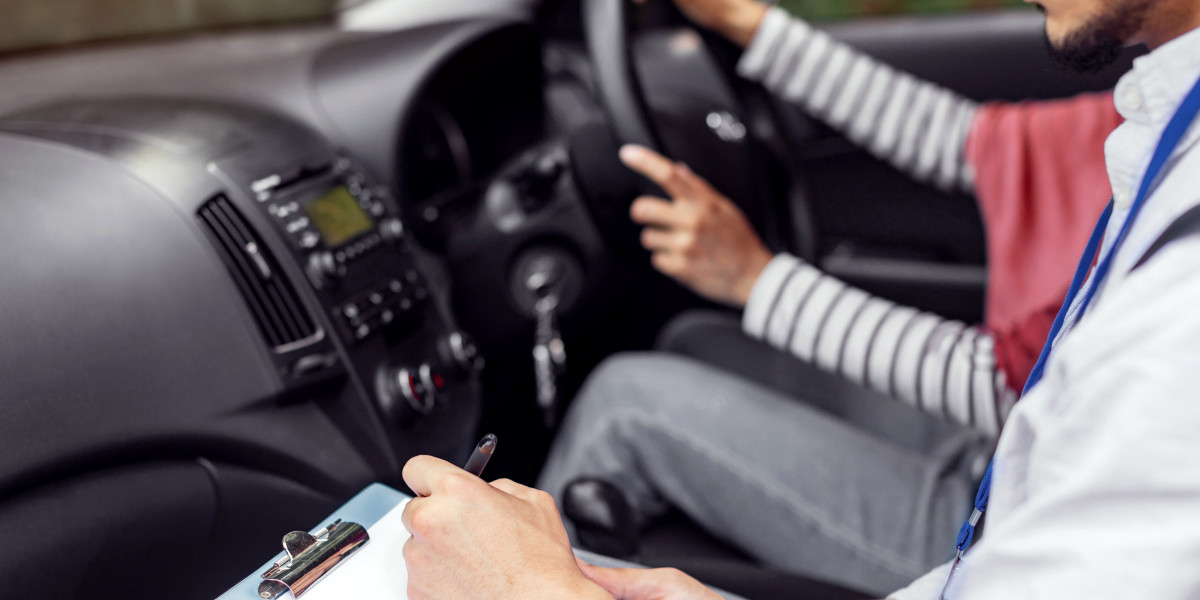
Understanding the Licensing System in the UK: A Comprehensive Guide
The licensing system in the United Kingdom is a multifaceted framework designed to manage numerous activities, from driving to operating a company. It is important for people and companies to navigate this landscape effectively, as licenses are frequently needed to ensure security, compliance, and reasonable practice. This short article aims to supply an in-depth understanding of the licensing system in the UK, covering various kinds of licenses, the application procedure, and frequently asked concerns.

Kinds of Licenses in the UK
The uk driving license for sale licensing system encompasses a large variety of licenses, accommodating different sectors and activities. Below are a few of the most common kinds of licenses:
1. Driving Licenses
- Complete UK Driving License: Required for individuals to legally drive on public roadways.
- Provisionary License: Allows learners to drive under supervision while preparing for their driving test.
- Taxicab and Private Hire Licenses: Required for drivers of taxis and personal hire lorries to ensure they satisfy security and professional standards.
2. Company Licenses
- Alcohol and Entertainment Licenses: Required for establishments that offer alcohol or provide entertainment.
- Food Business Registration: Mandates any business that prepares or sells food to sign up with local authorities.
- Environmental Permits: Needed for organizations that might affect the environment, such as garbage disposal and emissions.
3. Expert Licenses
- Medical Licenses: Necessary for physician to practice and offer healthcare services.
- Lawyer and Barrister Licenses: Required for lawyers to use legal representation.
4. Other Licenses
- Event and Festival Licenses: Required for hosting events that may draw in large crowds or pose public security dangers.
- Drone and Aviation Licenses: Necessary for individuals or companies utilizing drones for business purposes.
The Application Process
Getting a license in the UK usually includes a methodical application process. While the specifics may vary based on the type of license, the following basic actions can offer a guideline:
1. Determine the Required License:
Identify which license is required for the desired activity. This might include speaking with main resources or regional authorities.
2. Collect Required Documentation:
Prepare all required files, which may include identification, evidence of credentials, or service details.
3. Submit the Application:
Complete the application-- this might be online or by means of postal service-- and send it together with the needed documentation.
4. Payment of Fees:
Most licenses feature associated charges, which need to be paid upon application.
5. Wait For Processing and Inspection:
Authorities may evaluate the application and conduct evaluations where appropriate. Processing times can differ widely.
6. Get the License:
Upon approval, the candidate will receive their license, which might stand for a given duration, needing renewal thereafter.
Maintaining Compliance
Licenses often include specific responsibilities that should be followed in order to maintain compliance. Stopping working to meet these conditions can lead to penalties, including fines or cancellation of the license. Here are some common requirements to think about:
Regular Renewals: Most licenses need routine renewal. Monitoring expiration dates is essential.
Record Keeping: Many licenses require comprehensive records, whether for monetary information, customer interactions, or safety audits.
Mandatory Training: Certain professions require continuous professional advancement and training to stay certified.
Frequently Asked Questions (FAQs)
1. For how long does it require to get a UK driving license?
The timeframe for acquiring a driving license can vary. For a provisional license, processing usually takes about three weeks. A full license might take a number of months depending upon the waiting times for driving tests and other aspects.
2. What takes place if I drive without a valid license?
Driving without a valid license can result in hefty fines, points on your driving record, and possible criminal charges, which can result in a driving restriction or jail time in extreme cases.
3. Can I make an application for numerous licenses concurrently?
Yes, people can request multiple licenses concurrently; however, each application will be examined independently based upon its requirements and compliance policies.
4. Exist any exemptions to licensing requirements?
Particular activities may have exemptions; for example, volunteer drivers may not need a taxi license under particular conditions. It is best to consult regional regulations or legal guidance.
5. What should I do if my license is lost or taken?
If a license is lost or stolen, it must be reported to the appropriate authorities at the earliest chance. Applicants can then make an application for a replacement through the suitable channels.
Navigating the UK licensing system is vital for anyone wishing to take part in activities that need lawful operation, from driving an automobile to running a service. Understanding the numerous licenses available, the application processes, and compliance commitments can help people and services alike in achieving their objectives while adhering to legal requirements. Whether seeking a driving license or an organization license, it is essential to stay informed about the continuous changes in policies and requirements.



